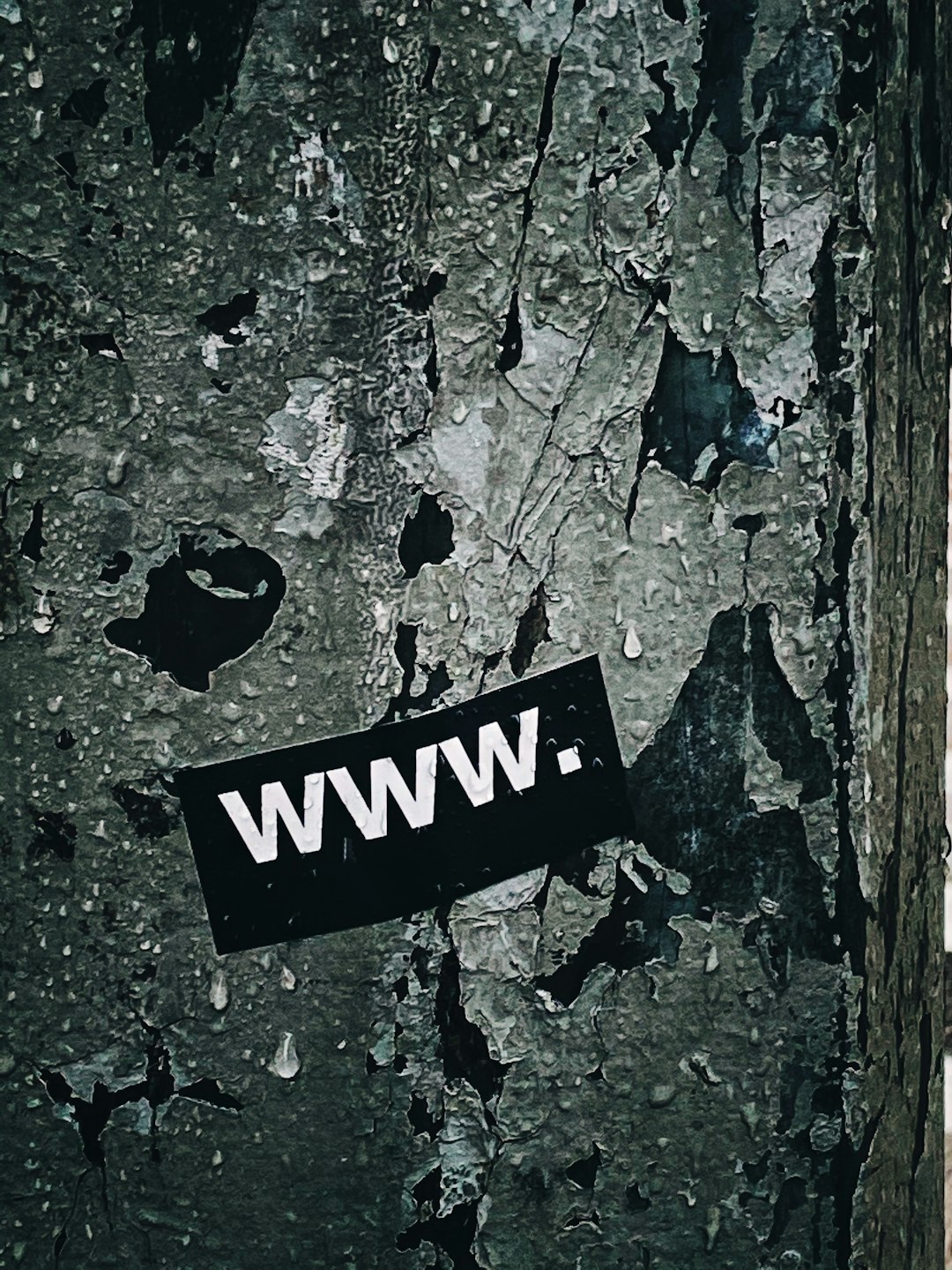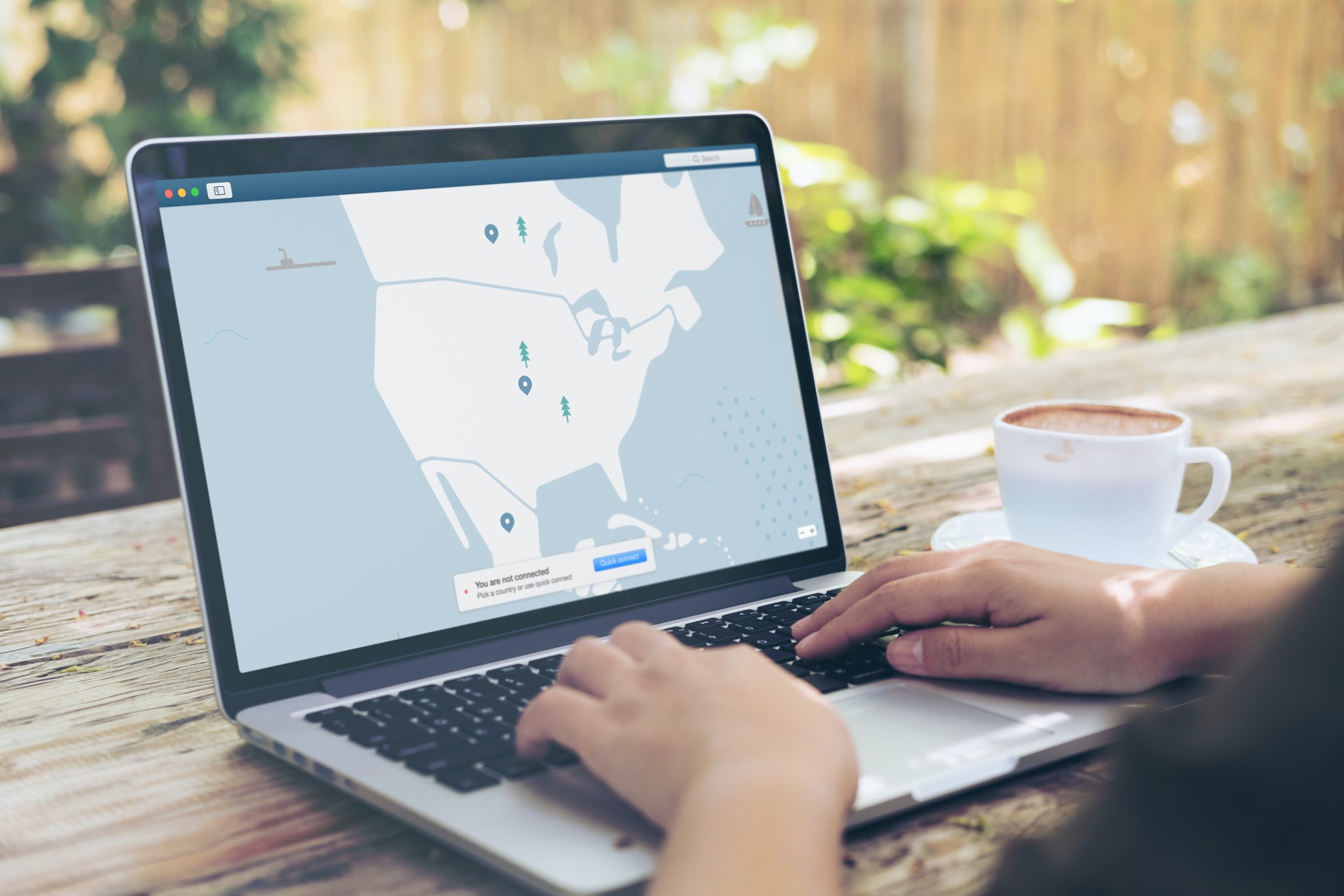In today’s digital environment, online privacy has become more than a luxury—it’s a necessity. As surveillance practices increase and internet censorship becomes more sophisticated, traditional VPNs may not always guarantee foolproof anonymity. That’s where obfuscated VPNs come into play. These advanced tools are designed to mask not only your online activity but also the very fact that you’re using a VPN. In 2025, with internet restrictions tightening in certain regions, understanding and utilizing obfuscated VPN technology could be essential for secure and unrestricted access to the web.
So, what exactly is an obfuscated VPN? How does it differ from a regular VPN, and in which situations should you consider using one? Let’s explore these questions in detail below.
Table of Contents
What Is an Obfuscated VPN?
A conventional VPN works by encrypting your internet traffic and routing it through a secure server, thereby hiding your IP address and protecting your data. However, many countries, ISPs, and organizations are now able to detect the use of standard VPN traffic using techniques like deep packet inspection (DPI). Once a VPN connection is recognized, it can be blocked or throttled.
This is where obfuscated VPNs come in. An obfuscated VPN disguises your VPN traffic so that it looks like normal HTTPS web traffic. This means VPN use becomes virtually undetectable, allowing users to bypass blocks and surveillance efforts.
Obfuscation involves additional layers of coding or the use of specialized protocols (such as OBFS4, Shadowsocks, and Stunnel) that modify the VPN packet headers to avoid detection by network filters.

Key Benefits of Using an Obfuscated VPN
There are several important advantages to using an obfuscated VPN, especially in 2025 as technology evolves and restrictions increase:
- Bypass Internet Censorship: Countries like China, Russia, and Iran employ strict internet firewalls. Obfuscated VPNs allow users to circumvent government-imposed restrictions and access the open internet.
- Evade VPN Blocks: Workplaces, educational institutions, and even public Wi-Fi networks are sometimes configured to detect and prevent VPN usage. Obfuscation helps you stay connected even in these tightly monitored environments.
- Enhanced Privacy: Because obfuscation hides the fact that VPN encryption is being used, it adds an extra layer of protection. This is crucial for whistleblowers, journalists, and activists operating in hostile environments.
- Reliable Streaming: Some streaming services block known VPN IPs. With obfuscation, you reduce the chances of detection, ensuring consistent access to geo-restricted content.
When Should You Use an Obfuscated VPN?
While everyone can benefit from the additional privacy that obfuscated VPNs offer, certain scenarios make their use particularly important:
- You’re in a Country With Strict Censorship: In 2025, regions like the Middle East and parts of Asia may further tighten internet access. Visitors and residents alike can benefit from the unobtrusive nature of obfuscated VPNs.
- Your Network Blocks VPNs: Whether you’re in a hotel with limited internet access or on a corporate network that restricts VPN connections, obfuscation lets you browse freely.
- You Handle Sensitive Information: If your profession involves investigative journalism, activism, or even cryptocurrency trading, obfuscation helps to minimize the digital trail you leave behind.
- You Want to Avoid Throttling: Some ISPs throttle bandwidth for VPN users. With an obfuscated VPN, your connection appears as standard internet traffic, possibly avoiding these speed restrictions.

Considerations Before Choosing an Obfuscated VPN
Not all VPN providers offer obfuscation capabilities, and those that do may differ in terms of implementation and reliability. Here are some key features to look for:
- Proven Obfuscation Protocols: Ensure the VPN supports well-established obfuscation methods like Shadowsocks, OBFS4, or proprietary stealth protocols.
- No-Log Policy: Use providers that enforce a strict no-log policy to ensure your activities are never recorded.
- Independent Audits: Reputable VPN companies frequently undergo third-party security audits to verify their claims.
- Wide Server Network: This ensures better speeds and more geographic flexibility.
Final Thoughts
As the digital landscape evolves in 2025, the tools we use to maintain privacy and freedom must also advance. An obfuscated VPN isn’t just an additional perk anymore—it can be a critical asset in maintaining online anonymity and accessing information freely. Whether you’re a privacy-conscious user or someone living in a restricted region, leveraging obfuscation technology ensures that your connection stays both secure and invisible.




